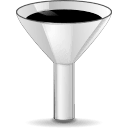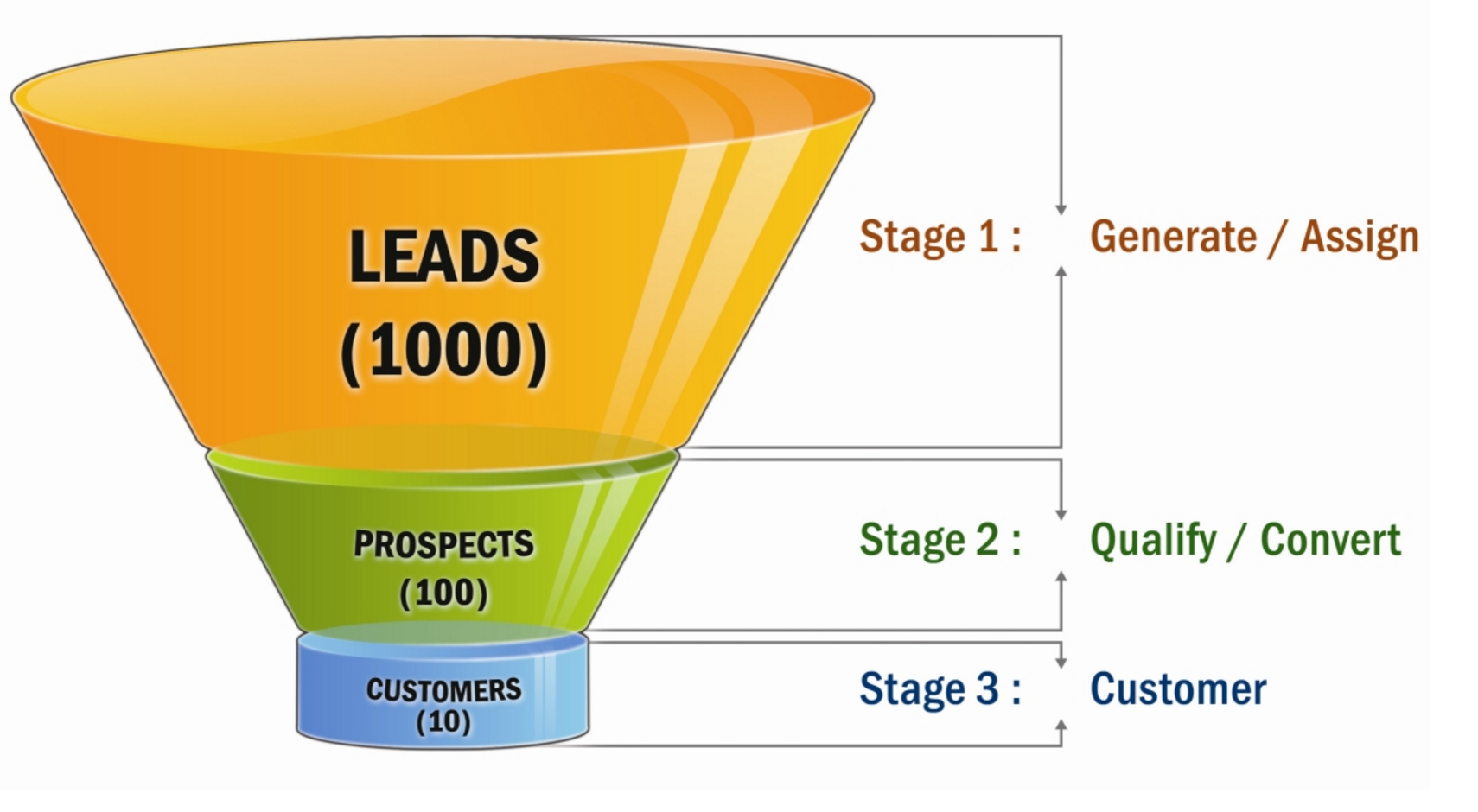B2B lead generation services
We understand the importance of generating quality leads for your business and that’s why we’re here to help. We specialize in providing top-notch B2B lead generation services that cater to your specific business needs.


Targeted Audience Research
Our team conducts extensive research to identify your ideal customer profile and develop a targeted list of potential clients.

Lead Magnet Creation
We help you create lead magnets that provide value to your prospects and encourage them to engage with your brand.

Email Marketing Campaigns
We craft customized email campaigns that resonate with your target audience and generate interest in your products or services.

Sales Funnel Optimization
We optimize your sales funnel to ensure that your leads are effectively nurtured and converted into paying customers.
More details about our B2B lead generation services:

Targeted Audience Research
- Identify your ideal customer profile
- Develop a targeted list of prospects
- Conduct research on industry trends and competitor activity
Lead Magnet Creation
- Develop a content strategy that resonates with your target audience
- Create compelling lead magnets such as whitepapers, ebooks, and case studies
- Design and implement landing pages that convert visitors into leads


Email Marketing Campaigns
- Develop a customized email campaign strategy
- Create email copy that resonates with your target audience
- Use data-driven analytics to measure the success of your email campaigns
Sales Funnel Optimization
- Optimize your landing pages to increase conversions
- Develop a lead nurturing strategy that effectively moves leads through your sales funnel
- Use data-driven analytics to measure the success of your sales funnel

Six reasons to work with us:
Expertise
We have a team of experienced professionals who specialize in B2B lead generation. We know what it takes to generate quality leads that convert into paying customers.
Customized Solutions
We understand that every business is unique and has its own set of challenges. That’s why we offer customized solutions tailored to your specific requirements.
Targeted Approach
Our B2B lead generation strategies are designed to target your ideal customer profile. We conduct extensive research to identify your target audience and develop targeted lists of prospects.
Results-Driven
We are results-driven and focus on delivering measurable results for our clients. Our data-driven analytics help us measure the success of our B2B lead generation campaigns.
Quality Lead Generation
Our goal is to generate quality leads that are more likely to convert into paying customers. We help you create compelling lead magnets that provide value to your prospects and encourage them to engage with your brand.
Cost-Effective
We offer cost-effective B2B lead generation solutions that fit within your budget. Our customized solutions help you get the most out of your marketing spend and maximize your ROI.
FAQ
Everything you need to know about lead generation
Lead generation in digital marketing refers to the process of identifying, attracting, and converting potential customers into leads. The ultimate goal of lead generation is to create a pool of potential customers who are interested in your products or services and are likely to become paying customers.
In the digital marketing context, lead generation often involves using various online channels such as social media, email marketing, search engine optimization (SEO), paid advertising, and content marketing to drive traffic to a website or landing page. Once on the website or landing page, visitors are encouraged to provide their contact information in exchange for something of value, such as a free trial, whitepaper, or ebook. This contact information is then used to follow up with leads and move them through the sales funnel until they become paying customers.
Lead generation is an essential part of digital marketing as it helps businesses to build relationships with potential customers, increase brand awareness, and drive revenue growth. By using targeted and data-driven approaches, businesses can generate high-quality leads that are more likely to convert into paying customers, thereby improving their overall marketing ROI.
Starting a lead generation business can be a lucrative and rewarding venture, especially with the growing demand for high-quality leads in the digital age. Here are some steps to follow to start a successful lead generation business:
Identify Your Niche: Determine the industry or industries you want to focus on for lead generation. It could be anything from real estate to healthcare or technology.
Research Your Market: Conduct thorough research on your target market to identify their pain points and challenges. This will help you to develop targeted solutions that meet their specific needs.
Develop Your Business Plan: Create a comprehensive business plan that outlines your business goals, target audience, marketing strategy, and financial projections.
Choose Your Business Structure: Decide on the legal structure for your business. You can register as a sole proprietorship, partnership, limited liability company (LLC), or corporation.
Set Up Your Operations: Set up your business operations, including setting up a website, creating marketing materials, and establishing processes for lead generation and follow-up.
Build Your Network: Develop a network of potential clients and partners by attending industry events, joining relevant associations, and leveraging social media.
Invest in Technology: Invest in lead generation and management software tools to help you efficiently manage your leads and track your business performance.
Offer Excellent Customer Service: Provide exceptional customer service and deliver high-quality leads to build a strong reputation in the industry and generate repeat business.
Starting a lead generation business requires a lot of hard work and dedication, but with the right strategy, you can build a successful business that helps clients achieve their business goals while achieving your own financial success.
B2B (business-to-business) lead generation refers to the process of identifying and attracting potential customers (leads) in other businesses that are likely to be interested in your products or services. The ultimate goal of B2B lead generation is to create a pool of potential customers who can be nurtured and converted into paying customers.
In the B2B context, lead generation often involves using targeted and data-driven approaches to identify and reach out to potential customers in specific industries or verticals. This can be done through various channels such as email marketing, social media, telemarketing, events, and content marketing.
Once the leads are generated, they are typically scored and prioritized based on their level of interest, readiness to buy, and fit with your ideal customer profile. The leads are then passed on to the sales team for further nurturing and conversion.
B2B lead generation is an essential part of business growth as it helps companies to build relationships with potential customers, increase brand awareness, and drive revenue growth. By using targeted and data-driven approaches, businesses can generate high-quality leads that are more likely to convert into paying customers, thereby improving their overall marketing ROI.
Demand generation and lead generation are two distinct but related concepts in marketing.
Demand generation refers to the process of creating and building interest in a product or service among potential customers. The goal of demand generation is to create a steady flow of prospects and opportunities that can be nurtured and converted into leads and customers over time. Demand generation often involves creating awareness and interest through content marketing, social media, events, and other marketing channels.
Lead generation, on the other hand, is the process of identifying and attracting potential customers who are likely to be interested in your product or service. The goal of lead generation is to create a pool of potential customers (leads) who can be nurtured and converted into paying customers. Lead generation often involves using targeted and data-driven approaches to reach out to potential customers through email marketing, social media, telemarketing, events, and content marketing.
While demand generation focuses on building awareness and interest in a product or service, lead generation focuses on identifying and attracting potential customers who are likely to buy. Both demand generation and lead generation are critical components of the marketing and sales process and should be integrated to create a seamless customer journey.
Here are the key steps to ensure that your website is optimized for attracting, capturing, and nurturing potential leads:
Define Your Target Audience: Determine your ideal customer profile and create buyer personas to understand their needs and interests.
Choose Your Website Platform: Select a website platform that supports lead generation features such as landing pages, forms, and lead magnets. WordPress, HubSpot, and Wix are some popular options.
Design Your Website: Develop a clean and visually appealing website design that is optimized for user experience and conversions. Use clear and compelling calls-to-action (CTAs) to encourage visitors to take action.
Create High-Quality Content: Develop high-quality and valuable content such as blog posts, case studies, whitepapers, and ebooks that address your target audience’s pain points and challenges.
Optimize for Search Engines: Implement search engine optimization (SEO) techniques such as keyword research, meta tags, and backlinks to increase your website’s visibility and attract organic traffic.
Build Landing Pages and Forms: Create landing pages that are optimized for conversions and include clear and compelling CTAs. Build forms to capture visitor information and integrate them with a customer relationship management (CRM) system.
Offer Lead Magnets: Offer lead magnets such as free trials, demos, and consultations in exchange for visitor information. This will help you to attract high-quality leads and build trust with potential customers.
Implement Lead Nurturing: Develop an automated lead nurturing process using email marketing and marketing automation tools to engage and educate leads over time and move them closer to a purchase decision.
By following these steps, you can create a lead generation website that is optimized for attracting, capturing, and nurturing potential leads. Remember to regularly review and optimize your website’s performance to ensure that it is delivering results and driving business growth.
A lead generation specialist is a marketing professional who specializes in identifying, attracting, and qualifying potential customers (leads) for a business. They are responsible for implementing lead generation strategies and tactics that align with the business’s overall marketing goals and objectives.
A lead generation specialist typically works with a variety of marketing channels such as email marketing, social media, telemarketing, events, and content marketing to generate leads. They are skilled in using data-driven approaches to target and reach potential customers who are likely to be interested in the business’s products or services.
In addition to generating leads, a lead generation specialist is responsible for managing and nurturing leads through the sales funnel until they are ready to make a purchase. They work closely with the sales team to ensure that the leads generated are of high quality and have a high chance of converting into paying customers.
The key skills required for a lead generation specialist include proficiency in marketing automation tools, excellent communication skills, strong analytical skills, and a deep understanding of the target audience and buyer personas. They should be able to work effectively in a team environment and have a strong track record of delivering results through lead generation campaigns.
In sales, lead generation refers to the process of identifying and attracting potential customers (leads) who are likely to be interested in a company’s products or services. The goal of lead generation in sales is to create a pipeline of qualified leads that can be pursued by the sales team and ultimately converted into paying customers.
The lead generation process typically involves several steps, including:
Identifying the Target Audience: Determine the ideal customer profile and create buyer personas to understand their needs and interests.
Generating Leads: Use various marketing channels such as email marketing, social media, telemarketing, events, and content marketing to attract potential customers and encourage them to provide their contact information.
Qualifying Leads: Assess the quality and relevance of the leads generated to determine which ones are most likely to become paying customers.
Nurturing Leads: Engage and educate leads over time using email marketing and other communication channels to move them closer to a purchase decision.
Handing Off to Sales: Pass qualified leads to the sales team for follow-up and conversion into paying customers.
Effective lead generation in sales requires a deep understanding of the target audience, a well-defined sales process, and the ability to leverage various marketing channels to attract and engage potential customers. By implementing a successful lead generation strategy, companies can increase their sales pipeline and ultimately drive business growth.
Lead generation is important for several reasons:
Increased Revenue: By generating leads, businesses can increase their sales pipeline, which can ultimately lead to increased revenue and business growth.
Cost-Effective: Lead generation is often more cost-effective than traditional advertising methods such as TV or print advertising. It allows businesses to target specific audiences and generate leads at a lower cost per acquisition.
Qualified Leads: Lead generation allows businesses to target and attract potential customers who are most likely to be interested in their products or services. This leads to a higher quality of leads and increases the chances of converting leads into paying customers.
Data-Driven: Lead generation is data-driven, which means that businesses can measure the effectiveness of their lead generation campaigns and make data-driven decisions to optimize their campaigns for better results.
Builds Brand Awareness: Lead generation campaigns can help businesses to build brand awareness and establish themselves as thought leaders in their industry. This can lead to increased trust and credibility among potential customers.
Long-Term Benefits: Lead generation campaigns can provide long-term benefits to businesses by building a strong customer base and creating loyal customers who can refer their friends and family to the business.
In summary, lead generation is important for businesses because it can increase revenue, provide cost-effective marketing, generate high-quality leads, provide data-driven insights, build brand awareness, and provide long-term benefits.
Ready to Start?
We understand that every business has unique needs when it comes to B2B lead generation. That’s why we offer customized solutions tailored to your specific requirements. Contact us today to discuss how we can help you generate quality leads and grow your business.